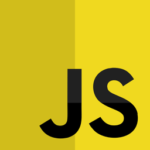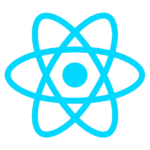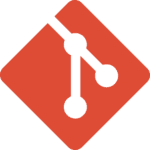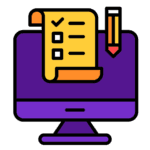About Java FullStack Training in Salem
Getin Technologies Salem provides Java Full Stack Training, offering complete mastery over front-end and back-end development. The course includes learning Java, Spring Boot, Hibernate, Angular/React, RESTful APIs, databases, and DevOps tools. Through hands-on assignments and mentor guidance by experts, students learn to develop web applications that are scalable. The program is suitable for newcomers, budding developers, and working professionals who wish to reskill. Join now at Getin Technologies and start your career in Java Full Stack Development with employment-oriented skills!








































 20% Offer for College Students from Total Course Fees.
20% Offer for College Students from Total Course Fees.














